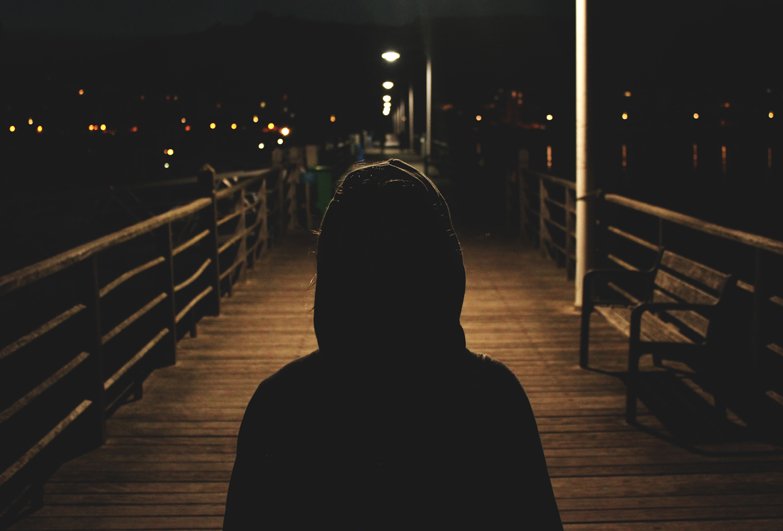Trafficking into crime and begging

Children and adults are trafficked into the UK and forced to commit crimes such as pickpocketing, ATM theft, metal theft and cannabis cultivation, as well as made to beg.
Trafficking for crime and forced begging are increasingly significant issues, but they have been recognised as slavery only recently.
Anti-Slavery has been crucial in bringing this issue into the spotlight.
In 2013 our ‘Race in Europe’ project (Response Against Criminal Exploitation) published a research on this issue in the UK, as well as in Czech Republic, Ireland and the Netherlands.
The report found that the people trafficked into the UK for forced criminality were treated as criminals rather than victims. They were widely prosecuted for crimes they were forced to commit, whilst their exploiters enjoyed impunity.
Trafficking of young people from Vietnam, many of them children, into cannabis production was identified as a major problem, with official numbers suggested to be only the tip of the iceberg.
A high number of Vietnamese people found at the premises of cannabis factories were prosecuted and deported, even though there were clear signs that they were forced to be there by their traffickers.
The research also highlighted trafficking for petty crimes such as bag snatching, ATM theft, pickpocketing, as well as forced begging, as an underestimated crime, with Romania being the main source country.
Advocating for protection of human trafficking victims
Anti-Slavery has been working to protect the people who fell victims of trafficking into crime.
We campaigned for the recognition of the EU Trafficking Directive, which secures the right for victims of trafficking to not be prosecuted for the crimes they were force to commit. We follow legal cases setting relevant precedents.
We then successfully campaigned to include the relevant measures in the Modern Slavery Act, which was one of the most significant achievements in our lobbying work on the Bill. The Modern Slavery Act now includes a statutory defence measure for victims who have been forced into crime.
We also successfully advocated for the introduction of the so-called child trafficking advocates. When properly implemented, it will better protect trafficked children and prevent them from running away from the care of authorities and going back to their traffickers, which is still a serious problem.
We continue to monitor the situation of victims forced into crime, and we are planning to open a project specifically focused on trafficking from Vietnam into the UK.